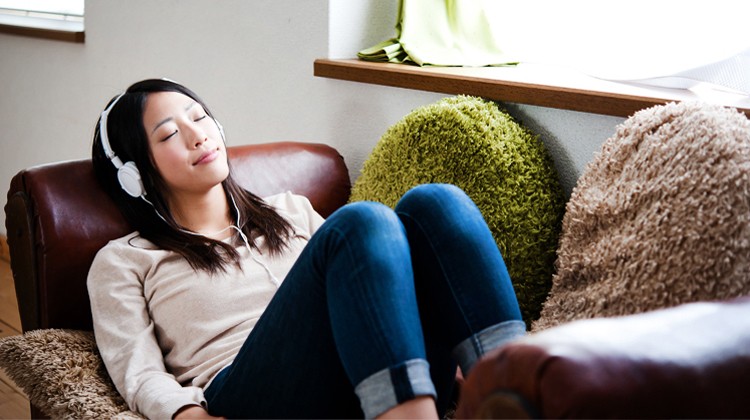Trick your body into getting over jet lag
How do we fool our body into forgetting that it has travelled across different time zones? Follow these tips and tricks.
Many of us have probably experienced jet lag more than once in our lives, especially with today’s jet-setting lifestyles. Also known as jet lag disorder, it is a temporary sleep problem that occurs when a person’s body clock is synced to a different time zone, causing fatigue and discomfort at odd hours.
While jet lag can last for days, it typically takes a person one day to readjust to their new environment for every time zone crossed. But how do we recalibrate our circadian rhythms to adjust to different time zones?
Pull the plug on in-flight movie marathons
Long flights can be boring. And it is not uncommon for people to sit through a catalogue of in-flight movies in the hope that they will be lulled to sleep. In reality, however, they may do the opposite. In-flight screens emit a blue-spectrum light that activates the senses and keeps the body awake. This might disrupt your desired naptime and kick-start an abnormal sleep-wake cycle.
Avoid caffeine or alcohol four hours before bedtime
If you have just travelled halfway across the world, it is common to want to fuel up with some coffee to stay alert. But this could worsen your jet lag and make it more difficult to adjust to new time zones. This is because caffeine blocks sleep-inducing chemicals, with effects lasting up to four hours. Consuming caffeine just before you sleep could leave you wide awake past your bedtime.
And while it is true that a tipple may make it easier to fall asleep, it can also lead to more disruptive sleep and is likely to leave you feeling groggy upon waking. Research shows that alcohol heightens alpha wave patterns in your brain, which usually occurs when a person is in a wakeful state.
Get outside in the light
It can be disorienting when you travel to a country that is twelve hours ahead or behind your departing destination. Stay in the sunlight, whenever possible, to re-orient your circadian rhythm. Daylight is a powerful stimulant, which will keep you awake and regulate your biological clock. Conversely, staying indoors will trick your body into thinking that it is night time when it is actually bright and early outdoors.
Take short naps
You only live once is a mantra that many urbanites live by. But that does not mean you should stay awake between your arrival time and day’s activities. Take a short nap in the afternoon if you are feeling fatigued from your flight or the change in time zones. But remember to set an alarm — a long afternoon nap might throw off your sleep cycle and make jet lag worse.
Let our Life Planning Advisor
assist you to
Request a call back
Thank you for your enquiry. Fill in your details below and a Life Planning Advisor will get back to you within 48 hours.
Call times are Monday-Friday between 8.30am and 5.15pm (except Public Holiday).



